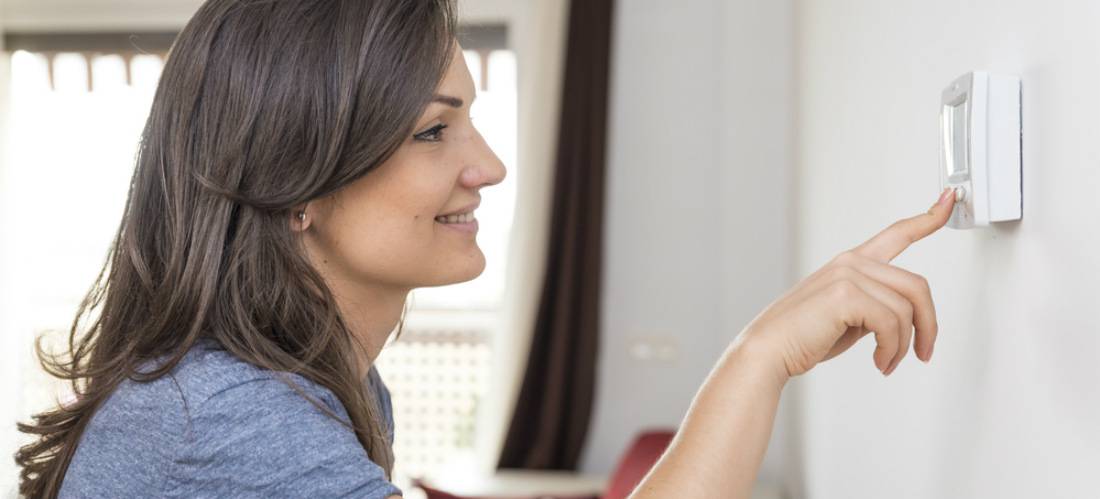Heating and cooling your home doesn’t always have to be a bank-breaking task. Choose equipment and appliances that have high energy efficiency and you’ll reap its benefits – both equally good for the environment and your wallet.
Here’s how increase energy efficiency:
1.Do a home energy efficiency assessment.
Check on your utility company if they offer free or low-cost energy efficiency assessments to determine the efficiency level of your heating - cooling systems. If this is not possible, you can ask for a recommendation from your state or local government energy or weatherization office to point you to a local company or organization that does home energy assessment.

2.Insulate your home properly and make sure it is up to DOE-recommended levels.
Check for air leaks around windows, doors, and places where pipes and wires come through walls. Gaps, cracks and holes can also be found on existing caulking and weatherstripping as well as between sections of ductwork.
Either do it yourself or hire a professional to seal all air leaks and properly insulate your home.
3.Don't heat your home with appliances and lighting.
- Take advantage of daylight instead of artificial lighting, but avoid direct sunlight.
- On hot days, grill outside instead of using the oven.
- Minimize activities that generate a lot of heat, such as burning open flames, running a computer, and using hot devices such as curling irons or hair dryers.
4.Take advantage of cash rebates, low-interest loans and tax breaks.
This is one of the perks of upgrading to brand new units of your old appliances and equipment (plus you won’t feel guilty about spending money on it).
But seriously, energy-efficient products offer you a win-win situation. You don’t just save up money on electric bill but you also qualify for tax credits and incentives from the government.
5.Make small changes – they make a huge difference.
Program your thermostat to lower setting during winter season, every time you go out for work or vacation, or before you go to bed.
- Replace your filters on a regular basis. Dirty or clogged filters make your HVAC system work harder.
- Do your laundry during off-peak hours, between 9 PM and 7 AM. Perfect time to load the dishwasher as well.
- Close the draperies over large windows and glass doors or install tinted shade to prevent heat gain during the summer and heat loss during the winter.

How to Determine the Efficiency of your Heating and Cooling Systems
1.Reading the Energy Guide label
Before buying any type of device, equipment or home appliance, ask how much energy it uses, as well as how it compares to similar models.
If the product does not have an Energy Guide label, check on its website, fact sheet, brochure, or directory. Either way, you have to ask for it because the FTC mandate is to have an Energy Guide label available in compliance with the Appliance Labeling Rule.
2.Looking for the ENERGY STAR logo
This logo means the product is in compliance with the energy efficiency criteria set by the Environmental Protection Agency and DOE. The Department of Energy offers a home energy checklist for you to work from as well: http://energy.gov/eere/femp/home-energy-checklist .













Write a Comment